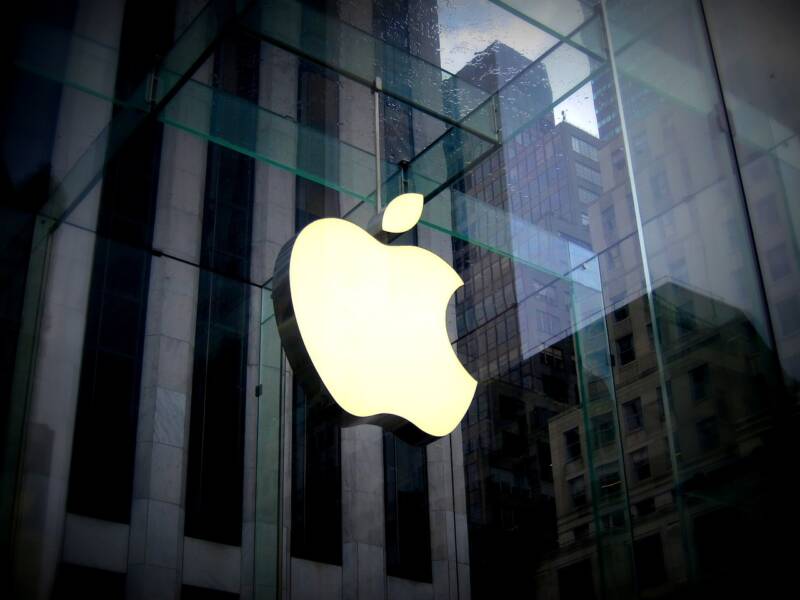It used to be close to impossible to find companies that used Apple products. That’s because, for years, Apple was more focused on academic and creative computer technology than products meant for a typical business office environment. Unless you were a college professor, video editor, graphic designer, or another academically or creatively-minded professional, it didn’t make sense to use Apple hardware and iOS software.
Times have changed. While Microsoft continues to hold the lion’s share of the business technology market, more companies embrace the idea of making the switch to Apple. The following are five reasons for this trend:
Greater familiarity
The number of people with iOS experience used to be very low. Then the iPhone came along in 2007. The majority of qualified personnel are now intimately familiar with Apple’s operating system. For many, iOS is what they know best. Due to this development, companies are more willing to provide Apple products to their workers.
Swifter development
A common accolade of Apple products is their intuitive and user-friendly design. Everything from the keyboard to the code is developed with the user in mind. The implementation of Swift programming as an alternative to Objective-C has further enhanced accessibility, making it possible for staff to create streamlined applications at a moment’s notice.
Faster onboarding
Thanks to the popularity of the iPhone, the proliferation of iOS users has meant less time spent teaching new hires the ropes. Employees come in with an intuitive understanding of the way the business software functions. That’s because software designed for Apple is inherently more streamlined compared to applications built around Windows. There’s less risk of eccentric interfaces and one-off prompt structures getting in the way of employee training and onboarding.
Better pricing
Apple products used to be cost-prohibitive for most businesses. The price of one, let alone dozens of MacBook Pros compared to an equal number of Dell laptops, was too high to justify. While consumers still pay a premium for Apple products, the tech giant has taken steps to make it easier for companies to buy-in to their product lineup. Discounts, financing, and rebates are some of the ways companies can alleviate the financial burden of investing in Apple products.
Fewer decisions
The simple truth is Apple makes it easy to decide which software to use, which design traits to embrace, and which upgrades to invest in going forward. That’s because the company maintains tight control over these variables. The trade-off is less freedom on the part of business leaders to tailor their systems array, but most would agree that’s not a responsibility they want in the first place. It’s less burdensome for business leaders to opt for a more automated means of IT management.
Of course, we aren’t suggesting every business stands to benefit from switching to Apple. There are many situations where it’s better to use Microsoft systems. There’s also the increasingly popular route of preferring cloud-based alternatives, whether it’s through Dell, Google, or other providers.
However, there’s no doubting the growing popularity of Apple products among businesses big and small. MacBook Pros are no longer only for college students and artsy hipsters. As the name suggests, they’re increasingly getting used as intended – by professionals.

Ingrid Maldine is a business writer, editor and management consultant with extensive experience writing and consulting for both start-ups and long established companies. She has ten years management and leadership experience gained at BSkyB in London and Viva Travel Guides in Quito, Ecuador, giving her a depth of insight into innovation in international business. With an MBA from the University of Hull and many years of experience running her own business consultancy, Ingrid’s background allows her to connect with a diverse range of clients, including cutting edge technology and web-based start-ups but also multinationals in need of assistance. Ingrid has played a defining role in shaping organizational strategy for a wide range of different organizations, including for-profit, NGOs and charities. Ingrid has also served on the Board of Directors for the South American Explorers Club in Quito, Ecuador.









































